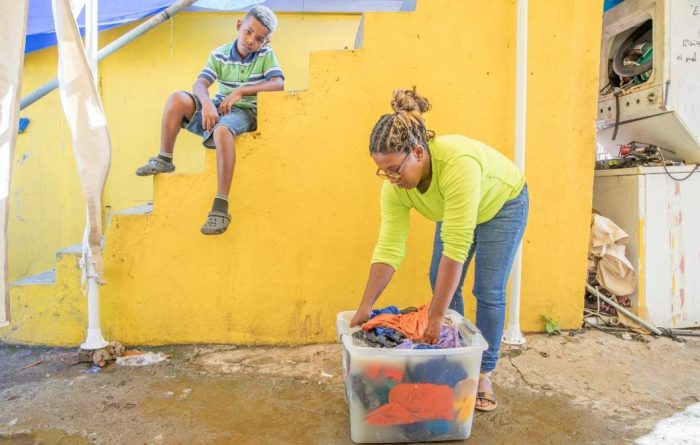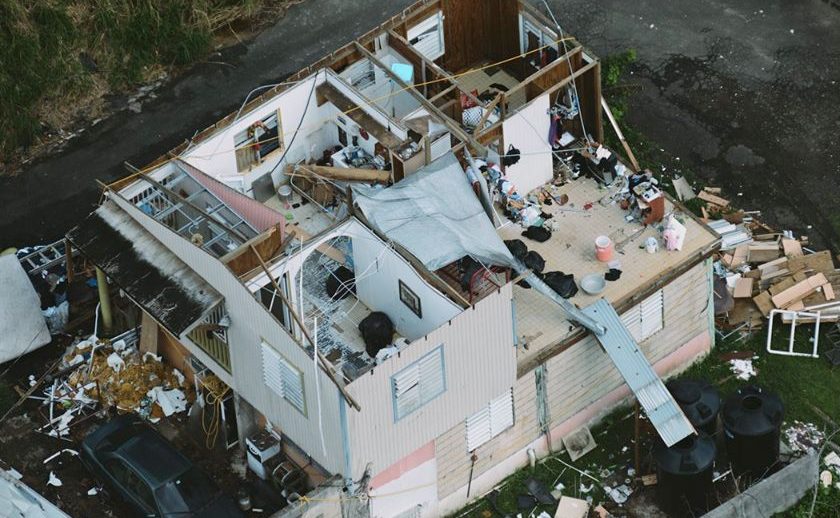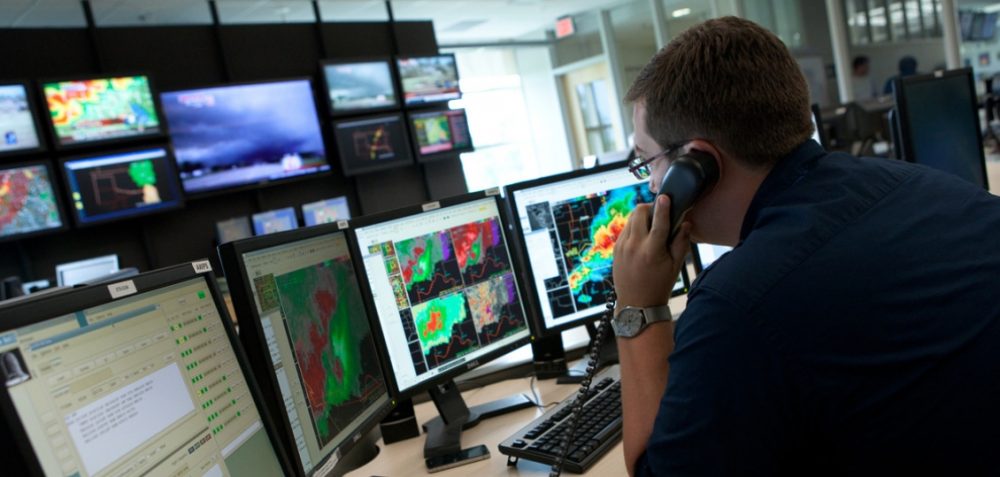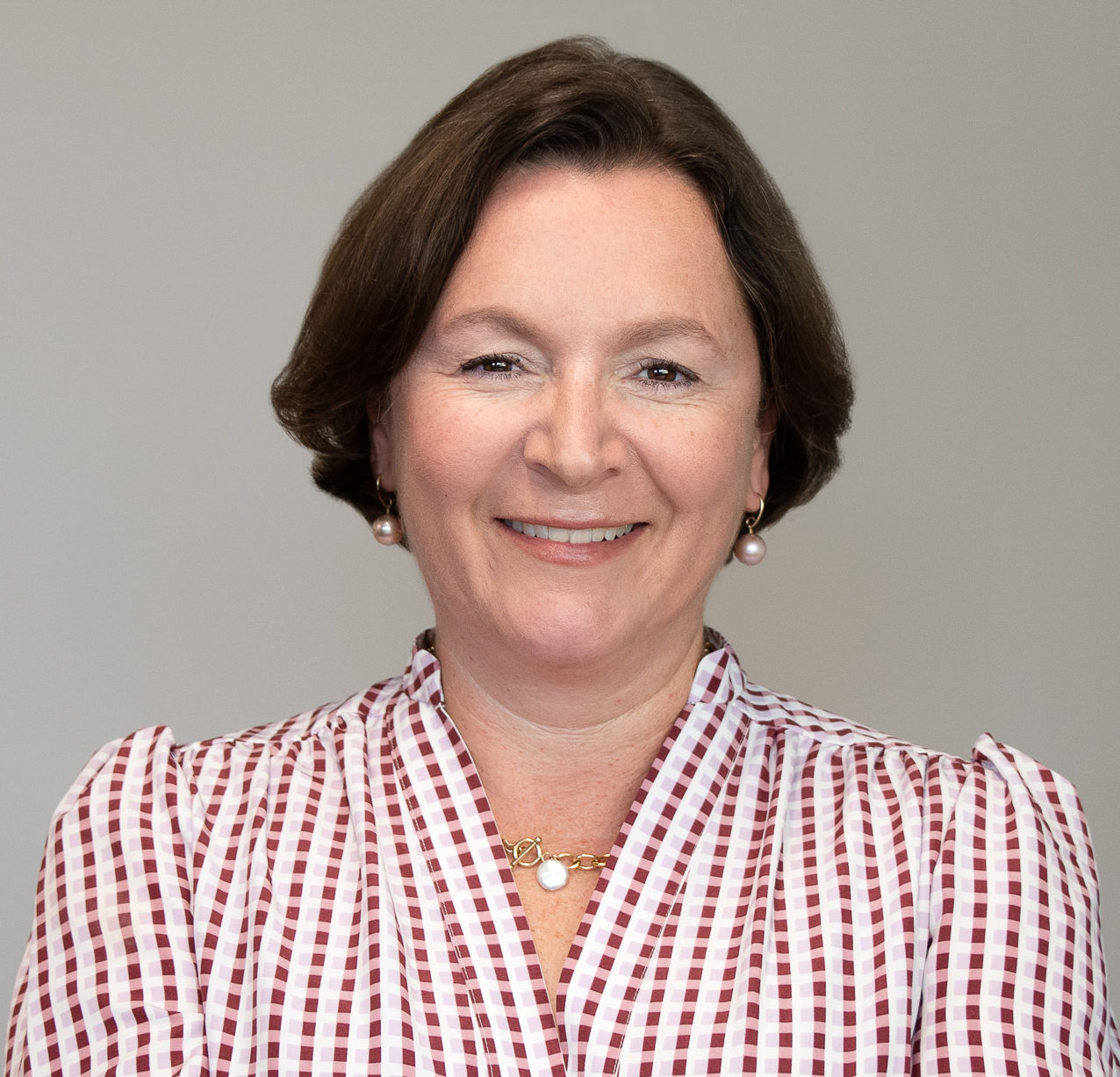Puerto Rico Recovery: No Future in Rebuilding the Past
“I only lost power for two and a half months; I was one of the lucky ones.” “We were able to filter water from my pool for my family to drink; we were one of the lucky ones.” “I was able to borrow cash from my mother to make purchases; we were one […]

“I only lost power for two and a half months; I was one of the lucky ones.”
“We were able to filter water from my pool for my family to drink; we were one of the lucky ones.”
“I was able to borrow cash from my mother to make purchases; we were one of the lucky ones.”

My recent visit to Puerto Rico reminded that luck comes in many, many different forms. I was in San Juan last week to meet with several funding organizations and learn about their current and future priorities for supporting recovery from the catastrophic 2017 Atlantic hurricane season. The beginning of every meeting began with the stories of all those who had their personal and professional lives forever altered by the hurricanes that hit Puerto Rico last September.
They talked about how the storm affected their families, their work, their homes and neighborhoods, their municipality, and their extended families. They explained how children benefitting from WIC were able to get food, how they called loved ones in the continental United States to learn about the recovery status of family members living on the other side of the Island. They were concerned about the tensions that are mounting in some of the central municipalities and Vieques where power is still lacking.
These moments of sharing and storytelling had a profound impact on my thinking as it relates to recovery efforts following Hurricanes Irma and Maria in Puerto Rico.
For people to live without access to cash, access to gas, access to water, and access to light and electricity for months on end is incomprehensible. For those of us stateside, we absolutely cannot comprehend what it is like to navigate daily life without these four things that we consider to be must have’s. While the government is reporting that electricity has been restored to 80 percent of the island, we know that there are many municipalities that have an almost total lack of electricity. We cannot talk about THE RECOVERY period without talking about and continuing to meet basic needs.
That said, there is a tremendous amount of hope and ACTION in Puerto Rico. I would like to share five observations from my time in San Juan:
The Benefits of Space
I was so impressed with the leadership of the Banco Popular Foundation as well as the Foundation for Puerto Rico. They opened up their offices to nonprofit organizations, entrepreneurs, governmental bodies, and the community at large – giving them literal space to work, to have electricity and Wi-Fi – and figurative space to connect with others, decompress, and get to work! When I think about foundation’s ability to convene, I now have two powerful examples of organizations who donated space for that connection to happen!
Basic Needs in Tandem with Recovery
I was impressed by funders who were able to conceptualize meeting the daily need of communities for potable water or energy, while at the same time building programs that address long-term water needs that would mitigate against future outages. Several funders including the Community Foundation of Puerto Rico and Unidos for Puerto Rico are working to find the balance of current needs and systems change.
Critical Issue Areas
The issue areas that I heard most funders speak about included: water, efforts to increase electrical resiliency, economic development, small business development, food security, housing, education, and health. Additional concerns include rising unemployment due to business closures and changes in school registration due to children moving off island or to other parts of the island. My colleagues stressed that, as a result, local NGOs are increasing their client base considerably. These issue-specific needs do not have short-term solutions. Rather, they will require a special balance between meeting current needs and thinking more long-term, and perhaps boldly about what the future state looks like.
Data
Several funders expressed both a need and an interest in investing in more robust data collection systems. Perhaps these systems could aggregate demographic data against service provision in municipalities, working across the island to get a broad picture of all needs and all solutions.
Hope
We encountered a tremendous loyalty and dedication to Puerto Rico’s future. One of the leaders we met with this week said, “There is no future in rebuilding our past.” The expertise, courage, GET IT DONE attitude demonstrated by the philanthropic community in Puerto Rico is impressive.
My time in Puerto Rico alongside Anna Hurt was an important step in the Center for Disaster Philanthropy’s Fund management process. While we have a considerable amount of funding available to grant out through our CDP 2017 Atlantic Hurricane Recovery Fund, we know that there is never ‘enough’. Due diligence, shoe leather philanthropy, and careful attention to the needs of survivors are critical to effectively allocating grants. While the relief effort continues at pace in Puerto Rico, CDP is keeping its powder dry until mid-year – to fully understand the breadth of recovery needs, the issues at play, and the range of actors prepared to invest in the Island’s long-term recovery.
More like this

Shoe-Leather Philanthropy Informs Puerto Rico Visit

